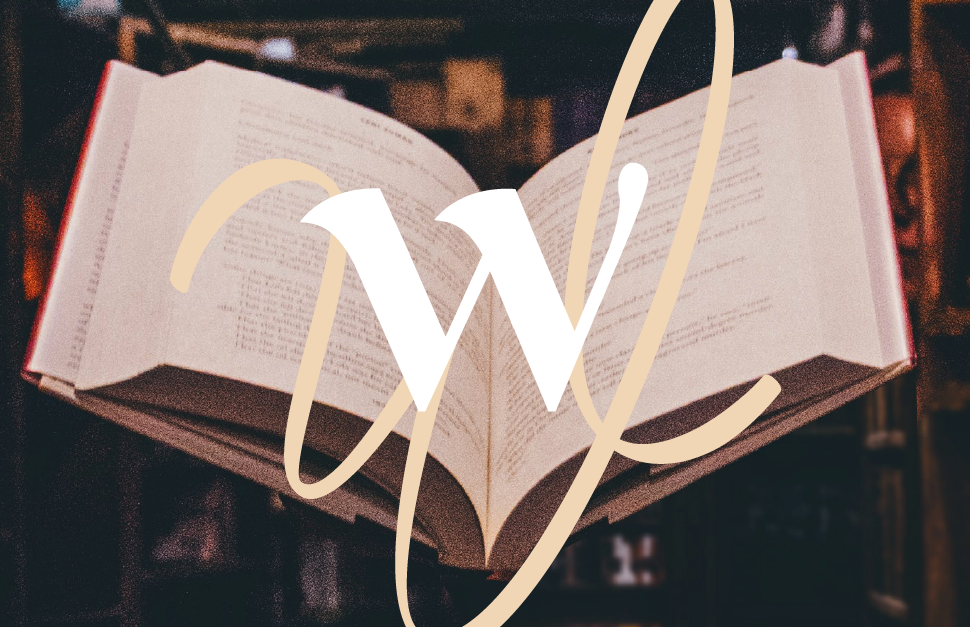 For you, what defines good writing?
For you, what defines good writing?
I want to experience bewilderment, or wonder. And by that, I don’t mean confusion or some kind of lack of understanding. I think good writing makes us consider the strangeness inherent to the various lives we live.
What craft advice is most useful to you in your writing?
I try not to have expectations for what something is going to be. I try to bring my total attention. If it’s a poem, I try to take it line by line and verse by verse. In prose, I still try to attend closely to language, to let it dictate my early drafts and revisions. I try to work little by little to avoid being overwhelmed.
What craft advice do you feel your students most need to hear?
Revise deeply and mercilessly. Do that work and don’t shy from it. Listen to feedback, but also listen to yourself. When receiving feedback, know that not everyone is going to be best reader of your work. Try and understand who understands you, and what you do as a writer.
What are your favorite craft books, and what did you learn from them?
Far more important than reading craft books, is reading a lot, and reading widely, on a variety of subjects, especially those far from literature.
What, to you, are the most challenging elements of writing craft, and how do you work with that challenge?
A lot of students write “around” a subject or experience because it might be difficult to address. When this happens, they can address that challenge by writing directly and without embellishment. That can be a useful path forward.
What pieces of writing most inspire you, or do you most hold as models or inspirations?
I love big books and I cannot lie. For instance, Knausgård’s My Struggle books (which I’ve written about a little). Ducks, Newburyport, by Lucy Ellmann, is another which impressed the hell out of me. On the opposite end is the small perfection of something written by Maggie Nelson or Sarah Manguso (both sometime poets).
What inspires me most isn’t necessarily the kind of thing I end up writing. Those two things exist apart. For my own well-being, I try not to compare myself to anyone as a model of what I want to be. That kind of noise isn’t good for writers, or at least it’s not good for me as a writer.
What life experiences (events, relationships, personal pursuits…) have most impacted your writing craft, and how?
A little more than ten years ago I began to take writing seriously and develop a dedicated practice. That growth coincided with my training as a boxer, which was a passion I’d always wanted to pursue (much like writing). The discipline of what physical work—I brought it to my writing work. Looking back, I think I learned a lot from that.


I too enjoyed Lucy Ellmann
If I can dig out my notes one day I will share ok
Literary criticism
I see you are into defamiliarisation
I am
Also the physical aspects
Being krav maga I write about it
I can comprehend the practice
I will it brief ok